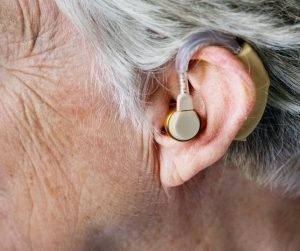Many seniors are hestaint to hand over their keys as it gives them a sense of independence and freedom to be able to drive. However there are some aged related issues that make it less safe for you to drive.
- Cognition: When you drive, you need to integrate several skills at the same time, including attention, memory and visual processing. Both our judgment and speed of processing can become impaired, jeopardizing driving skills.
- Hearing and Vision Loss: Regular hearing and vision check-ups are imperative since safe driving means hearing honking and emergency sirens and seeing the road and other vehicles.
- Medical Conditions: ALS, Alzheimer’s disease, dementia, diabetes, head trauma, high and low blood pressure, multiple sclerosis, nervous system disorders, severe arthritis, severe elderly depression, sleep disorders, stroke effects, surgery after effects, thyroid disease and the use of medical devices including automatic defibrillators and pacemakers can make driving unsafe.
- Medications: Certain medications can also reduce driving skills, including antihistamines and medications for depression, diabetes and pain reduction. Always ask your doctor how new medications will affect your driving.
- Motor Function: As people age, their flexibility lessens, joints become stiffer and muscles weaken. Operating the brake and gas pedals, turning your head to view traffic and using the steering wheel can become more difficult.
Take the SmartDriver course Online to see if you are still safe while driving.
The AARP Smart Driver course is the nation’s first refresher course specifically designed for drivers age 50 and older. In many states, drivers may benefit from a discount on their auto insurance premium upon completing the course. And you will learn something new along the way. In fact, an evaluation of the course found that 97% of participants changed at least one driving habit as a result of what they learned.








